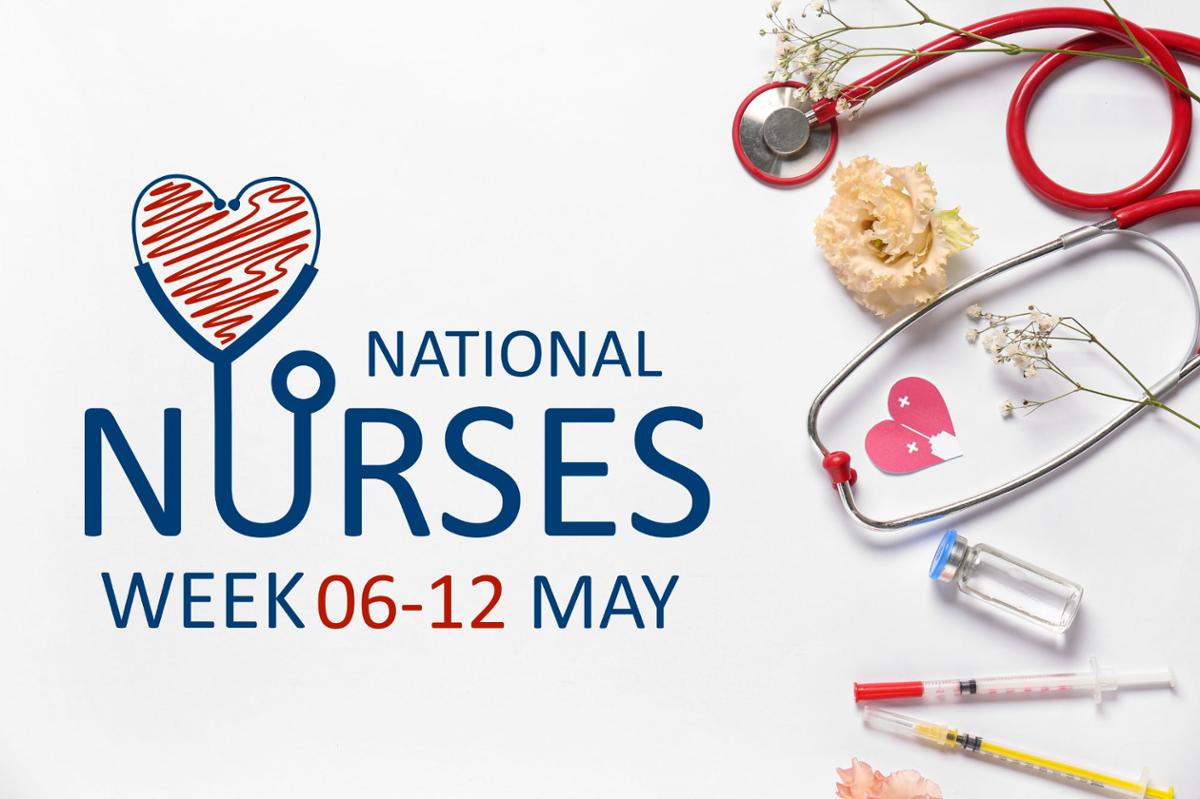
Skip to main contentSkip to main navigationSkip to footer content
![]()

National Nurses Week: Short History, Information, and a Retrospective of Events at Nightingale College in 2025 Read More 
Psychiatric Mental Health Nurse Practitioner (PMHNP) Salary by State, and Work Setting: How Much Does a Psych NP Earn in the US in 2025? Read More 
How to Get Into Nursing School in 2025: A Comprehensive Step-By-Step Guide for Starting Nursing School the Right Way Read More 
The Nursing Career Ladder: How to Advance in the Nursing Field Read More 
Master of Science in Nursing (MSN) Salary: Highest Paying MSN Jobs and States in 2025 Read More 
Psychiatric Mental Health Nurse Practitioner (PMHNP) Guide: What Is It, What Does It Do & More Details About the Role Read More 
Highest Paying Nursing Jobs: 16 Professionally and Financially Rewarding Nursing Careers in 2025 Read More 
The Fastest & Easiest RN to BSN: How to Get Your BSN Degree at an Accelerated Pace Without Sacrificing Knowledge Read More 
Why Get a BSN, Regardless if You Are an Aspiring Nurse or a Practicing RN Read More 
Pregnant in Nursing School: Challenges, Tips and Advice on How to Complete Your Nursing Education Read More
Skip to main content










